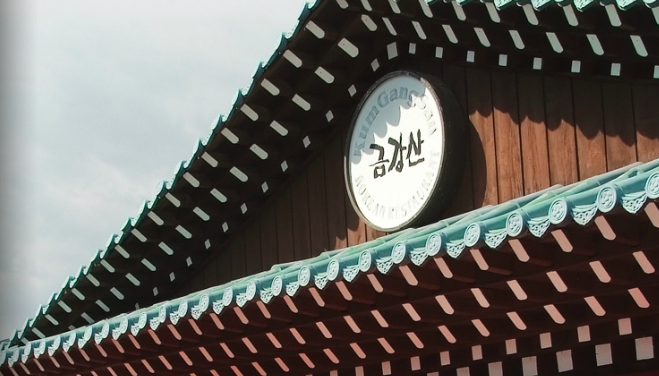by REERA YOO | @reeraboo
reeraboo@charactermedia.com
A judge has ordered Kum Gang San, a 24-hour Korean restaurant with branches in Flushing and Manhattan, to pay $2.7 million in damages to 11 employees, reports the New York Times.
The employees, who are of Korean and Latino descent, had filed a lawsuit against Kum Gang San, claiming that they often worked more than 16 hours without overtime pay or even minimum wage. They also testified that they were forced to do tasks outside of official jobs, including shoveling snow from the restaurant owner’s driveway, helping the owner’s son move to a new residence and picking vegetables at a farm outside of New York City on their days off. When employees refused to “volunteer” for these tasks, they were suspended.
The court also found that the Korean restaurant routinely stole tips from its wait staff and created false employee time cards to avoid being found in violation of the labor laws, according to the Asian American Legal Defense and Education Fund (AALDEF).
Last Thursday, U.S. Magistrate Judge Michael H. Dolinger ruled that the Kum Gang San, its owner Ji-sung Yoo and two restaurant managers owed the 11 employees $2,672,657 in back wages.
This is not the first time Kum Gang San has been found guilty of violating labor practices. In 2005, the state found that its Manhattan branch had been “shortchanging employees and not keeping proper records,” according to the NY Times. In 2010, the Flushing location was fined $4,000 for violating child labor laws. After a separate ruling in 2010, the state ordered the restaurant to pay $2 million in damages for wages owed to 66 employees. The company has yet to pay.
Ken Kimerling, the legal director of AALDEF who represented the workers, suspects that Yoo will not pay the damages ordered by the judge for this case, as well.
“This is an important decision against a large and well-known restaurant. It should act as both a deterrent to restaurants that do not follow labor laws and an encouragement to other immigrant workers to stand up for their rights,” Kimerling said.
___







